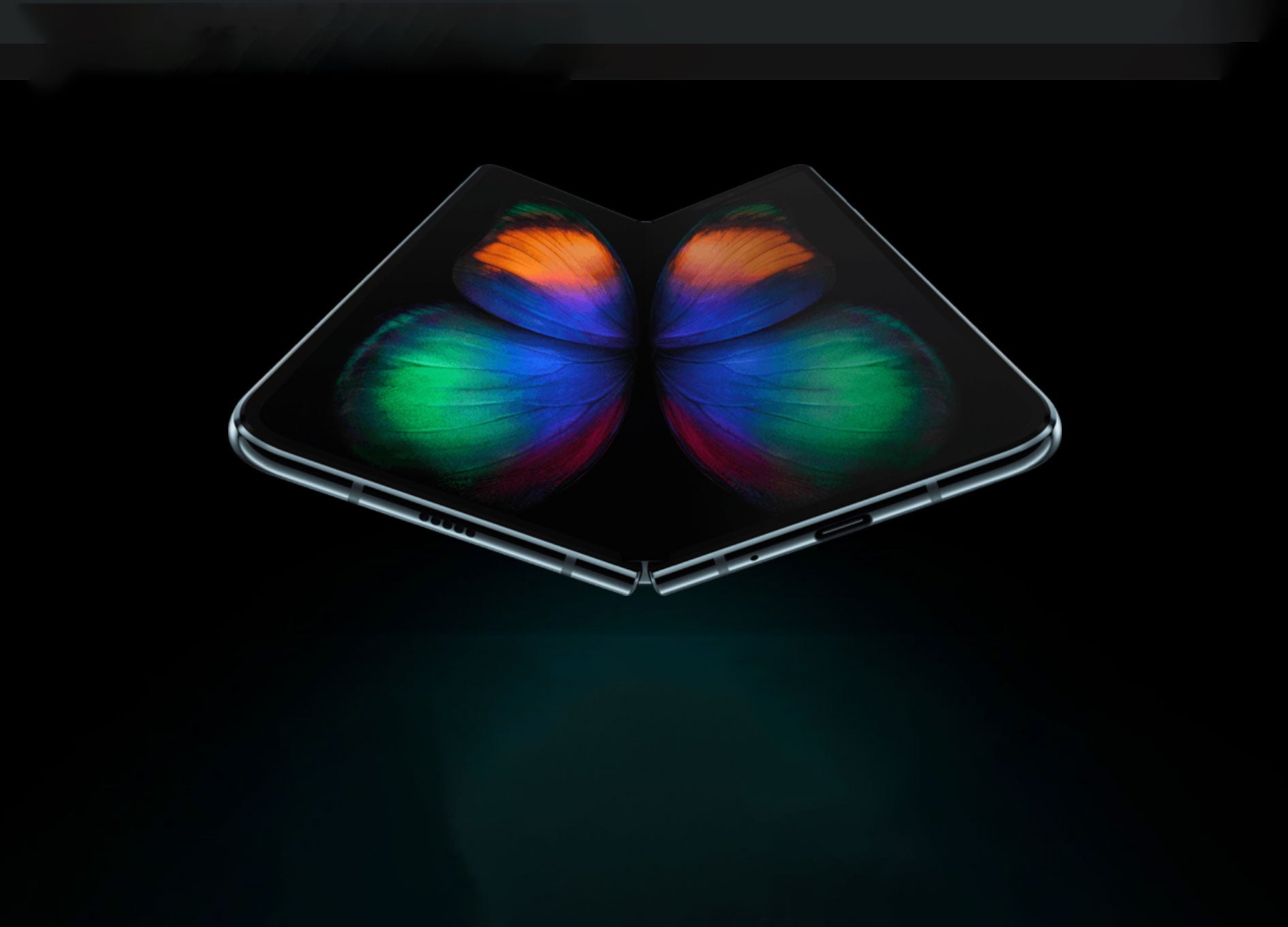The innovative flagship folding phone from Samsung, the $2,000 Galaxy Fold, is finally expected to have a release date in September, after a five-month delay.
The Fold, with its unique folding display, was announced with much fanfare at MWC Barcelona and was expected to release in April 2019. But multiple review units reported display breakage and screen performance issues creating much negative press for Samsung.
To prevent a public relations disaster on the scale of the battery-exploding Galaxy Note7, Samsung delayed the release date of the folding phone twice – from April to June, and then from June to September. (Rival Huawei’s folding phone, the Mate X, has also been delayed to September, possibly beyond).
Samsung has used this interval to minimise confusion around the display cover and screen breakage – the two main issues plaguing the early units of the Fold – by tweaking the design.
Samsung extended the top protective layer beyond the bezel, strengthened the hinge and display, reduced the space between the hinge and the body of the phone, and optimised apps and services for the folding screen. All of these improvements are expected to enhance the user experience with this new category of devices.
Delays to the folding phone release date spell trouble for Samsung
But a five-month delay may be far too long in an industry with a sharp memory, a large array of premium smartphones from which to choose, and the upcoming high-profile launch of new rival iPhones.
Samsung has also lost one of its original US carrier partners. T-Mobile USA will not be selling the Samsung Fold in its stores. The carrier is known to bet on unique devices and new vendors, so this a big blow to the prospects for a folding display phone in the carrier-centric US market. However, the unlocked Fold will work on all four US carrier networks.
T-Mobile’s exit likely means that multiple glitches around the Fold’s display and hinge have not been fully resolved to its satisfaction, that the Fold may be delayed further and its usability may not match the high expectations. Samsung is at risk of more negative reviews and additional financial drain and consumer trust in the vendor’s ability to deliver a workable innovative product will take another nosedive.
But it’s not all gloom and doom yet. T-Mobile’s withdrawal means AT&T gets exclusivity, which is significant considering that most premium phones land at all major carriers these days.
This carrier benefit may likely trickle down to other Samsung phones at AT&T in the form of additional promotions and discounts, especially before AT&T’s marketing dollars are diverted to the launch of the new iPhones in September. AT&T should offer subsidies and discounts to Samsung to retain the Fold’s exclusivity and prevent it from going to T-Mobile in the near future.
Samsung and Huawei are battling to lead the stagnating and slowing global wireless market in a new direction. But folding phones are expensive and carriers and vendors are still figuring out specific use cases around them.
Multiple delays due to glitches in the core display functionality are likely to sway consumer opinion against this new product category, casting doubts on the need, usefulness and feasibility of these devices.








